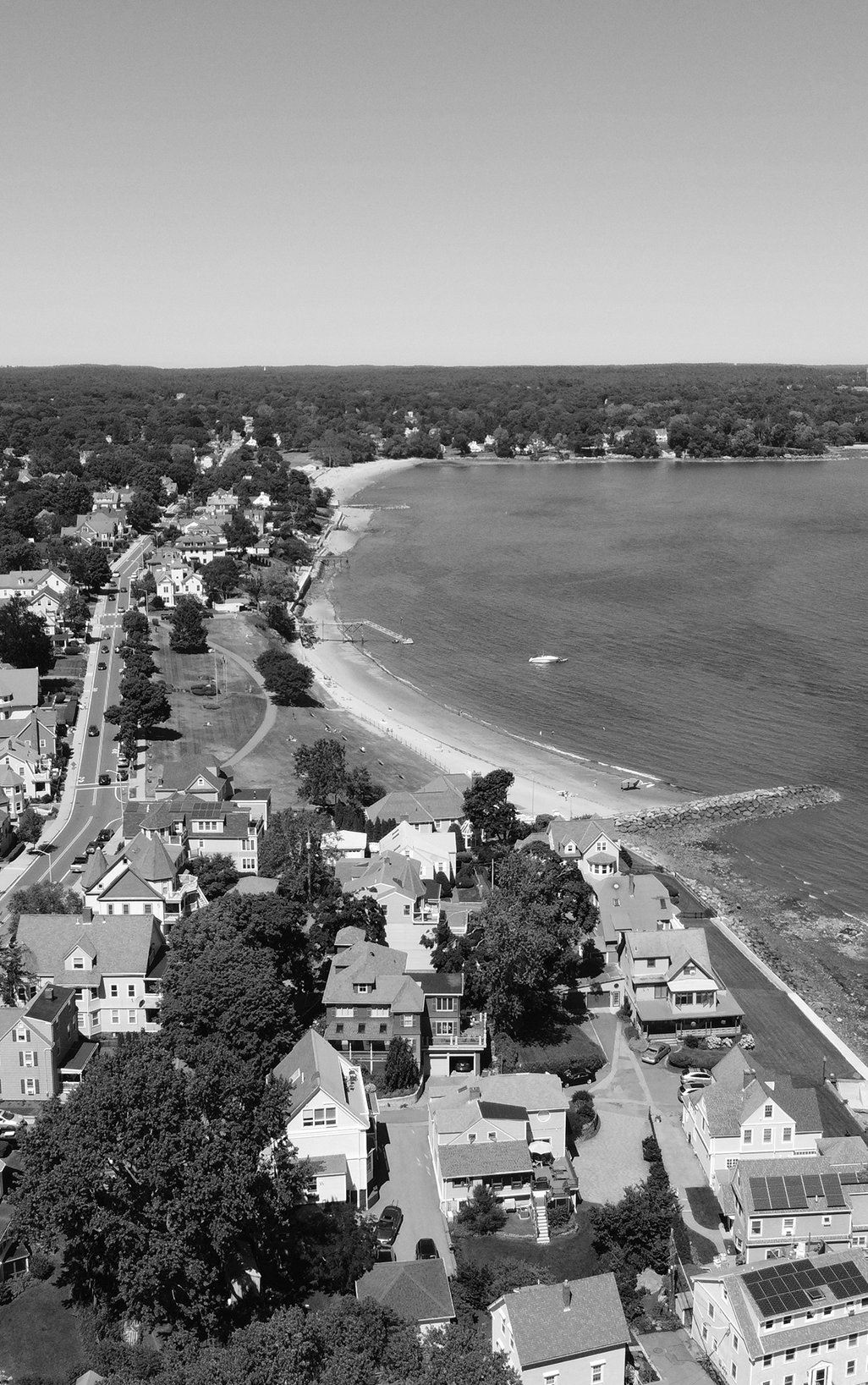This week the U.S. Supreme Court issued a decision on arrests made in retaliation for the exercise of free speech. The decision in Nieves et al. v. Bartlett. Without getting into too much complex legalese, the case basically makes it harder for a person to sue a police after they were arrested in retaliation for exercising their right to free speech.
The facts of this case are illustrative of the issue it addresses:
During an outdoor festival in Alaska, a man refused to talk to a police officer about a keg that minors may have been using. The same man then told another officer not to talk to some minors about the same keg. An altercation ensued between the man and the officers, and the man was arrested for resisting arrest.
Although the criminal charges were dismissed, the man sued the government for a violation of his civil rights, under 42 U. S. C. §1983. He argued that the police only arrested him because, as he was privileged to do under the free speech clause of the First Amendment of the U.S. Constitution, he first said nothing to the police, and then said something that they didn't like.
When the case got to the Supreme Court, the issue was whether such a lawsuit is allowed to go forward if the person does not show the absence of probable cause for his arrest. In other words, should such a case be dismissed if the officers had legal justification to arrest, regardless of whether they were acting in retaliation to the speech or not.
In a split opinion, the Court decided that, generally, if there is probable cause to arrest, then allegations of a retaliatory arrest can't move forward. Chief Justice John Roberts did note that given the prevalence of arrestable offenses throughout the country however, a person can overcome the probable cause requirement if they can show that other similarly situated people would not have been arrested, absent the exercise of free speech.
Multiple Justices dissented in whole or in part to this decision. Justice Sonia Sotomayor even said that the decision created "Frankenstein-like constitutional tort that may do more harm than good."
The basic tenor of most of the dissents was that there should not be such a strict rule in place because police often exercise discretion not to arrest, despite having probable cause, and thus there is ample room for discriminatory retaliation even where probable cause to arrest exists. As an aside, Justice Sotomayor and Justice Neil Gorsuch both wrote separate lengthy opinions saying similar things, because, god forbid, a conservative and a liberal sign there name to the same opinion.
Justice Clarence Thomas dissented in part to note that he would have not created any exceptions to the probable cause requirement.
This opinion changes some of the rules in a civil case dealing with a criminal arrest and probable cause. Although civil litigants may now face more of an uphill battle in these kinds of cases, the opinion does not affect a criminal defendant's ability to challenge an arrest or criminal charge, including for reasons grounded in the First Amendment's free speech clause.
If you think you can challenge the arrest of you or a loved one in either a criminal case, or in a civil rights action, you should contact a lawyer for a free consultation.


